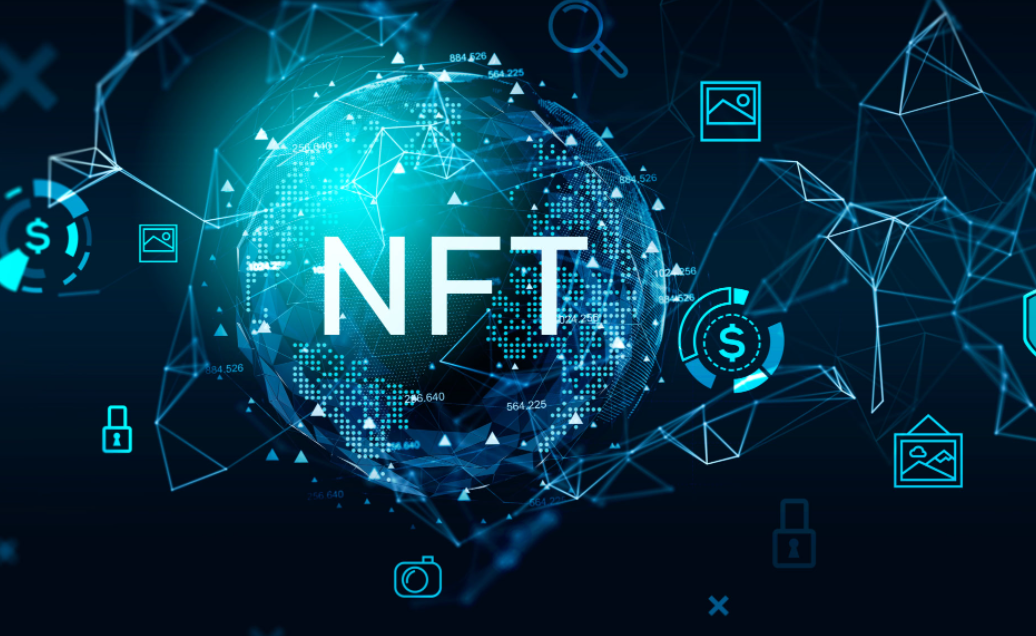

Read nft news To Know The Benefits Of The Token
 Non-fungible tokens unquestionably represent a brand-new kind of digital asset. On the one side, you have a ton of eye-catching highlights in the shape of NFT auctions for a million dollars, but on the other, one-third of NFTs are selling for under $100. The advantages of NFTs provide a blatantly obvious solution to the question of what potential elements may be responsible for the value of NFTs.
Non-fungible tokens unquestionably represent a brand-new kind of digital asset. On the one side, you have a ton of eye-catching highlights in the shape of NFT auctions for a million dollars, but on the other, one-third of NFTs are selling for under $100. The advantages of NFTs provide a blatantly obvious solution to the question of what potential elements may be responsible for the value of NFTs.
The ownership proof of non-fungible tokens makes their main benefit clear. NFTs, which operate on a blockchain network, may aid in tying ownership to a specific account. The fact that NFTs are indivisible and cannot be dispersed among different owners is the most significant. Buyers are protected from worries about phony NFTs because of the ownership benefits of NFTs.
NFTs, make sure you possess overvalue and own the genuine item. Simply put, NFTs may change the established rules for maintaining and validating asset ownership. NFTs may be found on a blockchain network, making it simple to transfer ownership. As a result, many real-life situations may benefit from the simple transfer of asset ownership provided by NFTs.
The advantages of non-fungible tokens, as said in nft news, mostly depend on their uniqueness. The creation of NFTs on the blockchain implies that they are associated with certain documents. The distinctive characteristics of NFTs demonstrate their capacity to add value. To create a scarcity of supply, NFT developers also have the option of releasing a limited amount of NFTs.
Non Fungible Tokens
Players buy in-game stuff from several games to enhance their gaming experience. The in-game objects, however, are only usable inside the confines of the games; they cannot be used outside those settings. In addition, players risk losing their investment in in-game souvenirs or things when a game becomes outdated. NFTs allow game creators to create in-game products that players may store in their digital wallets.
Players may afterward use the in-game objects outside of the game or even sell them to earn money. Ownership transfers are made simple by including the usage of smart contracts since NFTs are based on them. Ownership transfers may occur if certain requirements between the buyer and seller are met, as stated in smart contracts.
Up until recently, NFT experts have mostly concentrated on their core characteristics. NFTs have several uses nowadays, particularly in the field of digital content. The industry’s fragmented structure is the main justification for NFTs’ viability in digital content. Content producers typically worry that rival platforms may cut into their earnings and earning potential.
For instance, a digital artist who posts material on social media might earn money from the platform by selling advertising to the artist’s audience. While the artist receives the proper exposure, there is no financial advantage to the artist beyond what is provided to the platform. The ownership of the material is embedded into the content alone with the aid of NFTs.
Therefore, when content providers sell their works, they get the money themselves. Using smart contracts when creating NFTs, the inventor may be paid royalties if a new owner buys the NFT. Since the NFT metadata contains the original creator’s address, royalties may be paid to that person each time the token is sold again.
Skye Marshall
Ivy Skye Marshall: Ivy, a social justice reporter, covers human rights issues, social movements, and stories of community resilience.







